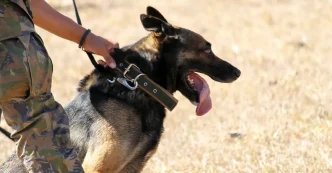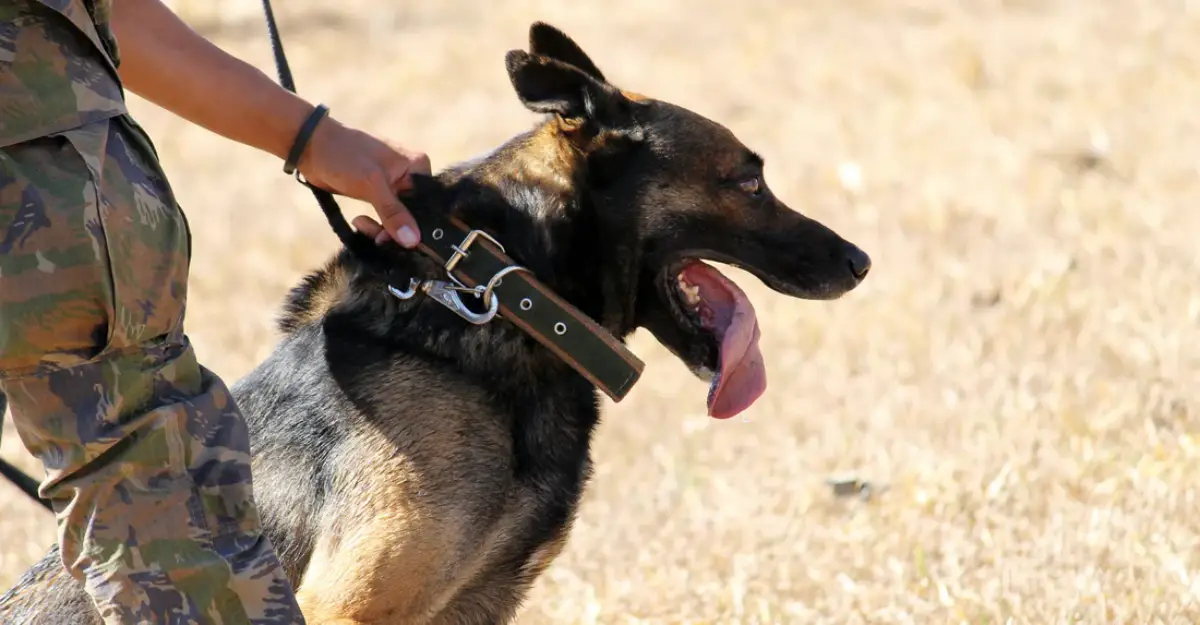In the dense jungles and urban sprawls of Malaysia, a unique team of heroes often goes unnoticed until disaster strikes. These are not human responders but highly trained search and rescue (SAR) dogs, whose keen senses and unwavering dedication have saved countless lives during natural calamities and emergencies. From landslides in Cameron Highlands to building collapses in urban centers, these canine companions play a pivotal role in Malaysia’s emergency response framework, embodying resilience and hope in the face of adversity.
The Vital Role of SAR Dogs in Malaysia
Malaysia, with its tropical climate and diverse terrain, is no stranger to natural disasters. Floods, landslides, and earthquakes frequently test the nation’s preparedness, often leaving communities stranded or buried under debris. In such scenarios, SAR dogs have proven indispensable. Trained to detect human scent even under layers of rubble or in dense vegetation, these animals can locate survivors faster than human teams equipped with technology alone. Their ability to cover vast areas quickly and navigate challenging environments makes them a critical asset for emergency services.
Organizations like the Malaysian Fire and Rescue Department (JBPM) and non-governmental groups such as the Malaysian Kennel Association have invested in training programs for these dogs. Breeds such as Labrador Retrievers, German Shepherds, and Belgian Malinois are often chosen for their intelligence, agility, and temperament. These dogs undergo rigorous training from a young age, learning to identify human scent, ignore distractions, and signal their handlers when they detect a survivor. The bond between handler and dog is equally crucial, built on trust and mutual understanding, ensuring seamless coordination during high-stress operations.
Stories of Bravery and Impact
One of the most memorable deployments of SAR dogs in recent years occurred during the devastating landslide in Batang Kali, Selangor, in December 2022. As heavy rains triggered a collapse that buried a campsite, rescue teams faced immense challenges navigating the muddy, unstable terrain. SAR dogs, including a Labrador named Max, were instrumental in locating survivors trapped under debris. Max’s handler, Ahmad Razif, recounted how the dog tirelessly searched for over 12 hours, ultimately alerting the team to a young child who was miraculously pulled out alive. “Max didn’t stop until he found someone” said Ahmad, reflecting on the dog’s determination.
Beyond natural disasters, SAR dogs have also assisted in urban rescue missions. In instances of building collapses or missing persons cases in cities like Kuala Lumpur, their skills have helped locate individuals in environments where traditional search methods fall short. These stories highlight not just the dogs’ capabilities but also the emotional impact of their work, offering a glimmer of hope to families in distress.
Challenges and the Road Ahead
Despite their invaluable contributions, the use of SAR dogs in Malaysia faces several hurdles. Funding for training programs remains limited, with many teams relying on donations or private sponsorships. The physical and emotional toll on the dogs is another concern; prolonged exposure to harsh conditions can lead to stress or injury. Handlers often speak of the need for better veterinary support and rest periods to ensure the well-being of their canine partners.
Public awareness is also a gap that needs bridging. While SAR dogs are celebrated in moments of crisis, their day-to-day role and the resources required to sustain their training are often overlooked. Advocacy groups are pushing for greater government support, including subsidies for equipment and recognition of SAR dogs as essential components of national disaster response strategies. There’s also a call for regional collaboration, with countries like Thailand and Indonesia, which face similar disaster risks, potentially sharing best practices and resources to bolster canine SAR units across Southeast Asia.
A Bond Beyond Words
At the heart of every SAR mission is the unspoken bond between dog and handler—a partnership that transcends language and relies on instinct and trust. For many handlers, their dogs are not just working animals but family members who share in the weight of every rescue. This connection was evident in the words of a JBPM officer who described his dog, Luna, as “my eyes and ears in the field” during a recent flood response in Johor. It’s a sentiment echoed by many who witness the quiet courage of these animals firsthand.
As Malaysia continues to grapple with the unpredictability of natural disasters, the role of SAR dogs will only grow in importance. Their contributions, often overshadowed by human efforts, deserve greater recognition. For now, in the aftermath of every crisis, these four-legged heroes remind us of the power of dedication and the extraordinary ways in which even the smallest among us can make a life-changing difference.
















